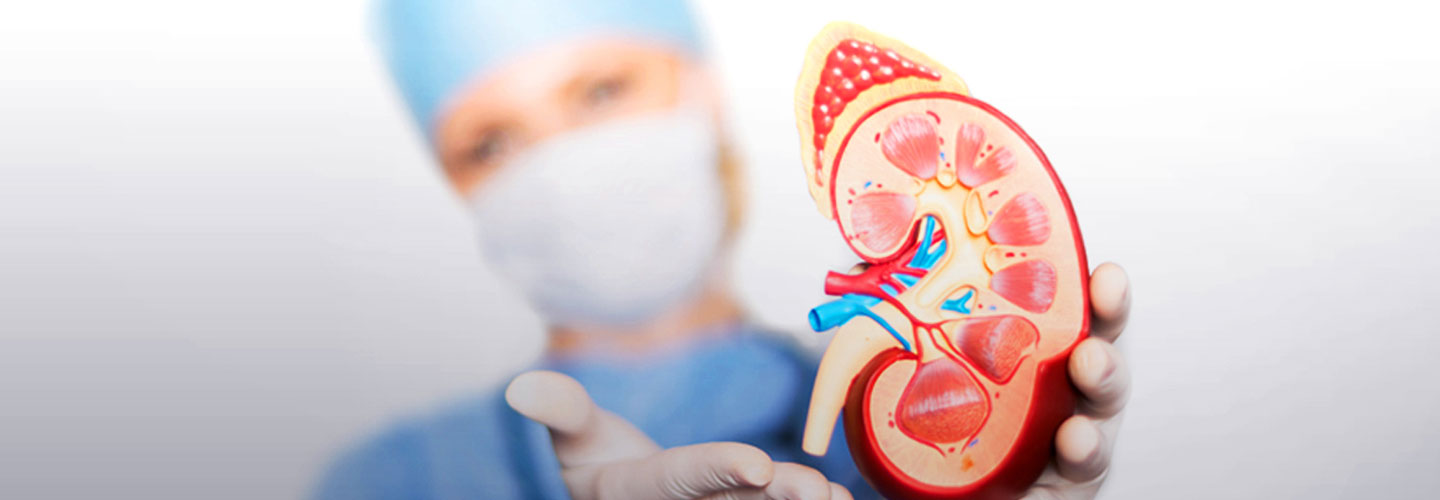Kidneys are bean shaped organs that occur in pairs. It is very important for the proper functioning of the body. It removes waste materials, toxic elements and excessive water out of the body in the form of the urine. If our kidneys stop functioning properly; it can have catastrophic effects in the body. Everyone has two kidneys but incase one kidney is not functioning properly; a person can survive on a single functional kidney his entire life without having any problem. But in cases where both the kidneys fail to perform, then there is a need of dialysis to get rid of the waste materials and toxic elements present in the body.
What is Kidney Dialysis?
Kidney dialysis is a medical treatment that takes over the job of kidneys when both the kidneys fail to work. It is a tedious procedure for a patient as they have to go for every 15 days for the treatment. The need for going for dialysis depends on the requirement of the patient. Dialysis is a special procedure to remove waste products and fluids and excess fluid from blood.
How does it help?
When kidney fails to perform, dialysis maintains the body by keeping it in balance by:
- Controlling the blood pressure
- Maintain levels of potassium, sodium and bicarbonate.
- Removes extra waste, salt, water to prevent toxicity in the blood.
Symptoms of kidney failure:
- Fatigue
- Itchy skin
- Shortness of breath
- Blood in urine
- Nausea
- Water retention that leads to swollen feet, hands and ankles.
- Frequent need to urinate
- Erectile dysfunction
- Sudden injury
Types of kidney dialysis:
There are two basic types of dialysis
- Hemodialysis: It is the most common type of dialysis. In this, an artificial kidney called as hemodialyzer is used to remove waste products, fluids and chemicals from the blood. It is a simple procedure that can be done at home as it has no complications. In this, the blood is out through hemodialyzer, it is then cleaned and returned back to the body. Only a small amount of blood is out of the body that is why it is less risky.
- Peritoneal dialysis: In this, the blood is filtered inside the body. A special fluid is put into the abdomen to absorb waste from the blood that is passed through small vessels in the abdomen. This is then passed on to a soft tube known as PD catheter. Waste material and extra fluid from blood is poured into the cleansing solution, which after few hours it is drained fresh cleansing solution is used and the process is repeated.
Risks factors for people who depend on kidney Dialysis:
- Low blood pressure
- Infection
- Sleeping issues
- Muscle cramps
- Pain in abdomen
- Fluid overload, so people are advised to consume fixed amount of fluids.
Why Eternal Hospital?
At Eternal Hospital, we have a highly qualified and dedicated team of doctors who are always committed to providing the latest and most advanced medical care to all our patients. Being a trusted name in healthcare, we act compassionately while ensuring confidentiality to those who need it. We have set high standards in patient-centric premium care and outstanding patient safety, and exceptional maintenance in a timely manner. In addition, we adhere to the use of up-to-the-minute innovations to offer state-of-the-art treatments to our patients with unparalleled results.



